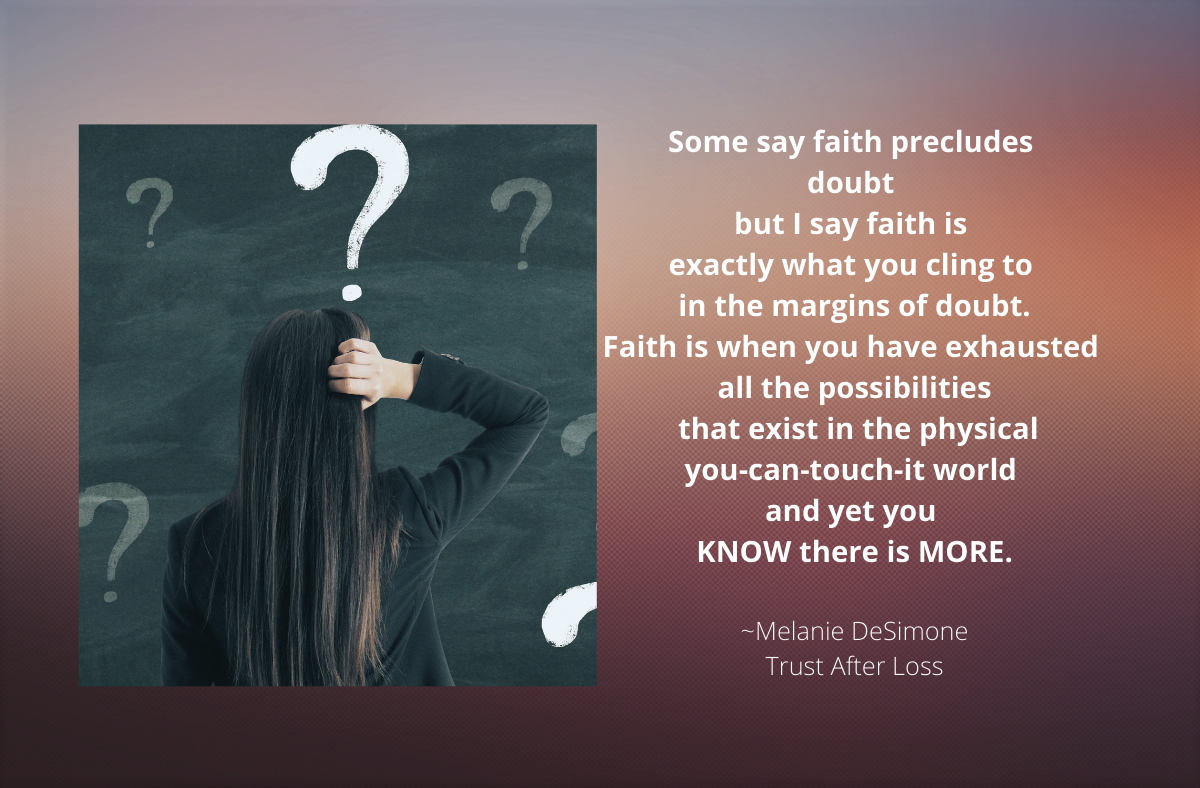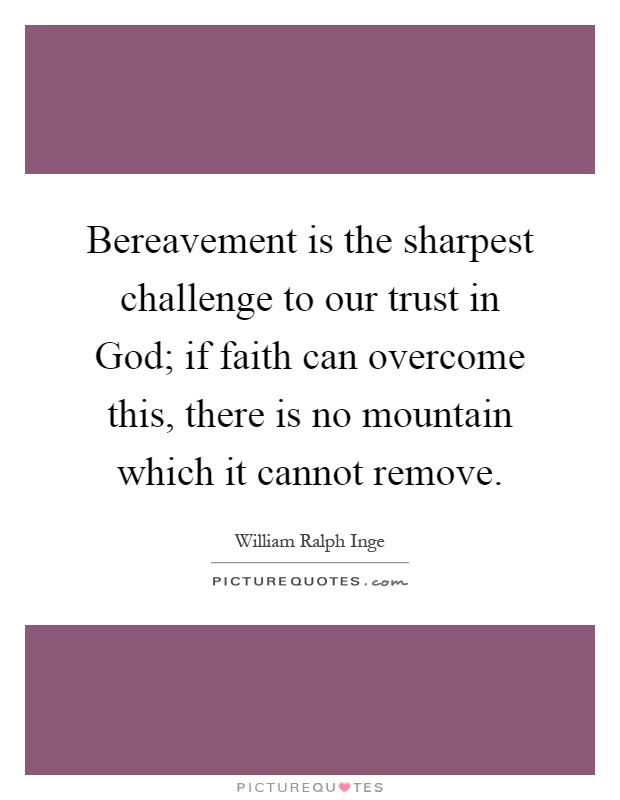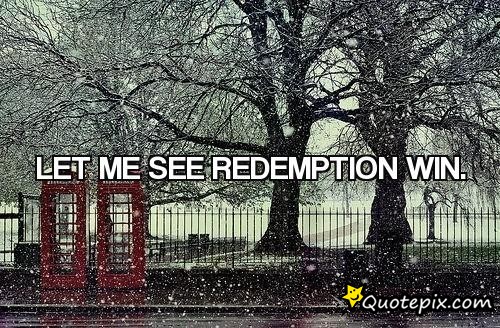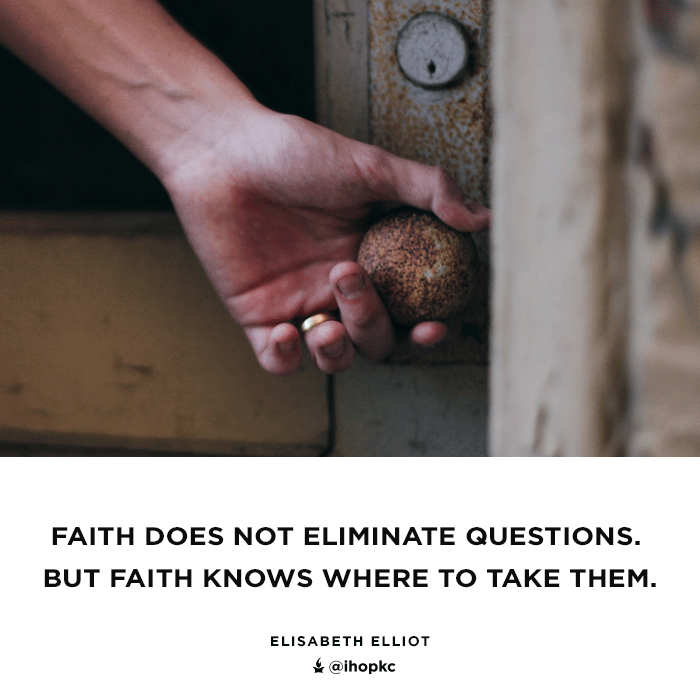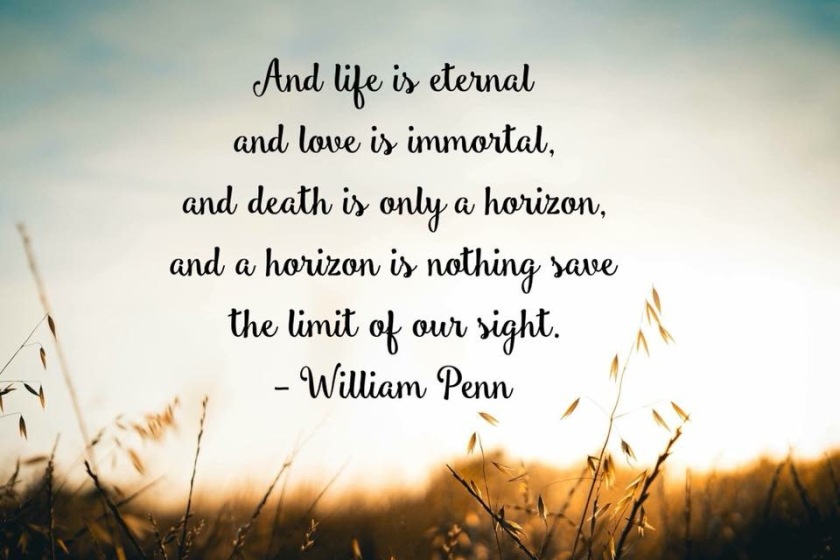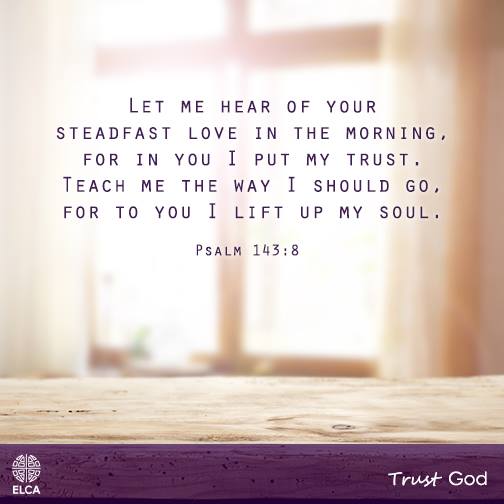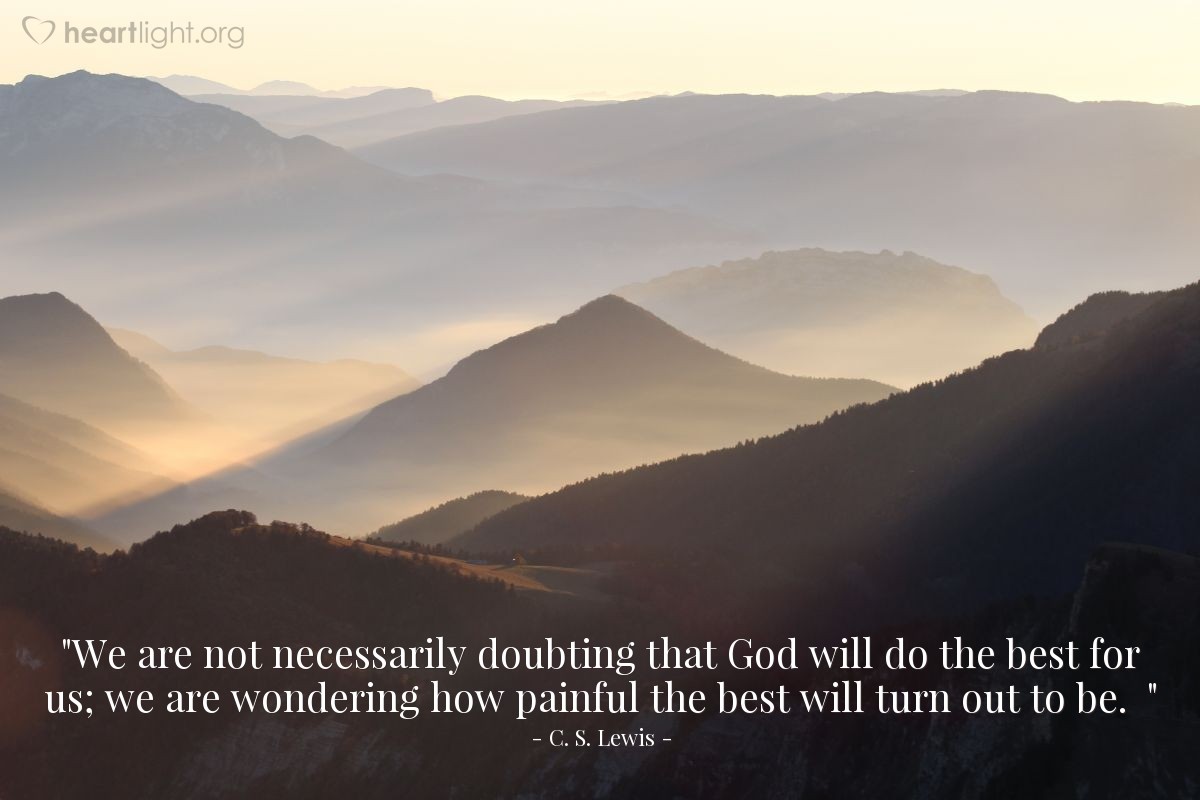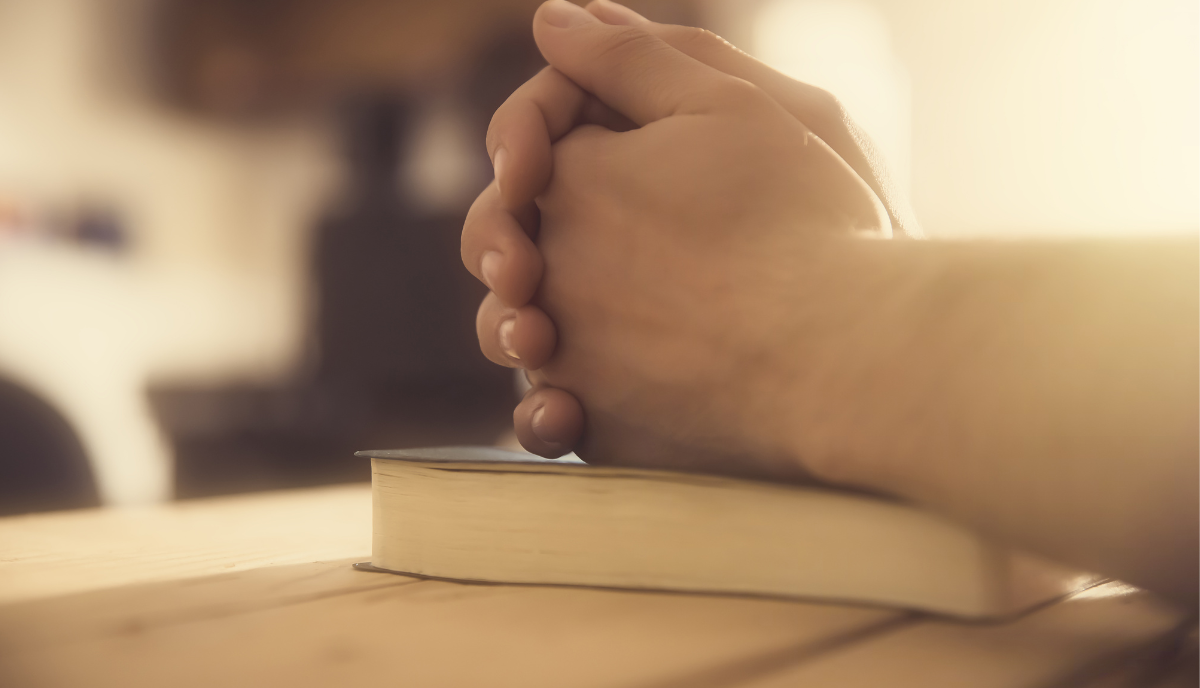If you’ve joined me here for very long, you know I have a particular dislike for what I call “Sunshine Christianity”.
It’s not because I’m opposed to smiling faces and feel-good Bible verses plastered across doors, hallways, t-shirts and social media.
It’s because it doesn’t tell the whole story and sets up hearts for disappointment (at best) and walking away from Jesus (at worst) when their personal experience falls short of this hap, hap, happy picture portrayed by so many.
This life is NOT all smiles and rainbows. It’s hard work, hard times and often devastating circumstances.
That’s the bad news.
But we don’t have to face them alone.
That’s the good news.
If you are struggling, I’m hoping that you are willing to wrestle. So many people seem to be seeking a bumper sticker God with whom life is clean, easy, and problem free and answers are clever, even punchy. But life is never clean. It’s far from easy. And it’s never problem free. That’s why I believe putting God into an easy-to-explain box is not only unwise but dangerous. To really know God, you have to wrestle through pain, struggle with honest doubts, and even live with unanswered questions.
So while I won’t promise you that God is your copilot or that the Bible says it and that settles it, I will promise you this: if you wrestle with him, seek him, cling to him, God will meet you in your pain.
~Craig Groeschel, Hope in the Dark
From cover to cover the Bible is filled with God’s people facing problems and God’s promise to be with them when they did. Some of the problems were of their own making and some were circumstances visited on them by others.
Sometimes God miraculously intervened (the three Hebrew children in the fire) and sometimes He didn’t (every disciple but John was martyred).
Often I can’t make sense of the difference.
If I’m honest, what I want is a pain free life.
I want to walk this earth and not be subject to death, decay, disasters and doubt. But that’s not how it works this side of the Fall which ushered sin into the world and assured no one since our first parents would ever experience the pure joy of a painless existence.
Isaiah was tasked with delivering messages of judgement against rebellious Israel but he was also privileged deliver some of the most beautiful messages of hope in the Old Testament.
Today’s verses are a combination of both. The prophet doesn’t say, “if” you go through these things but “when”.
Trouble is coming. But God is still in control.
But now, God’s Message,
the God who made you in the first place, Jacob,
the One who got you started, Israel:
“Don’t be afraid, I’ve redeemed you.
I’ve called your name. You’re mine.
When you’re in over your head, I’ll be there with you.
When you’re in rough waters, you will not go down.
When you’re between a rock and a hard place,
it won’t be a dead end—
Because I am God, your personal God,
The Holy of Israel, your Savior.
I paid a huge price for you:
all of Egypt, with rich Cush and Seba thrown in!
That’s how much you mean to me!
That’s how much I love you!
I’d sell off the whole world to get you back,
trade the creation just for you.Isaiah 43:1-4 The Message
It can be hard to read these verses and both believe and doubt at the same time. God promised Israel that when they passed through the waters or were in the midst of the flames (more traditional rendering) they would not be overcome. Yet we know from history that many in the nation WERE overcome. In relatively recent memory, millions were rounded up and exterminated by anti-Semitic, power-hungry German nationalists and those who sympathized with them.
Where was God then?
One of the difficult tasks I’ve had in grief is arriving at a place where I can hold pain and promise in the same heart.
I’ve had to learn to live in that mysterious space where I trust that God HAS an answer even if He chooses not to share it with me this side of eternity.
Like Israel, I have been redeemed. I am bought with a price. Christ gave His life for my sins and therefore I have hope.
But also like Israel, that doesn’t mean my mortal flesh is spared. It doesn’t mean my family is exempt from death-even the death of my twenty-three-year-old son.
What it DOES mean is that God is with me.
And while I may be overwhelmed and undone for a season-perhaps for this entire earthly life-it won’t always be so. One day God will redeem, restore and resurrect everything the enemy has stolen.
In the meantime, I rest in His arms, on His promise and depend on His strength.
QUESTIONS:
- How do you interpret these verses? What does it mean “to be spared”?
- Is is difficult for your heart to accept that pain is part of our experience as believers? Why or why not?
- Can you give a defense of the gospel and of verses like these to those who don’t yet know Jesus? What explanation can account for the fact of evil and pain in the world when God is sovereign yet doesn’t seem to intervene (in many instances)?
- Do you wrestle with God or do you try to stuff your questions? If you do wrestle, when has God met you at your private Peniel (Genesis 32:30). If you don’t, do you think it impacts your faith in a negative way or not at all?
- What pressing, uncomfortable, heartbreaking and/or faith shattering circumstances are you currently facing? Consider writing your own lament and pouring your feelings out on paper.
PRAYER:
Lord, I so often demand answers, long for understanding and feel disappointed when I get neither. I’m not disappointed in Who You are, but I AM disappointed that I have to live my days wondering. I want You to explain Yourself. Yet I know I’m owed no explanation.
In my most faith-filled moments I can find a way to accept this. But not always.
Like Job, I’m jotting down the questions I’m going to lob at you when I finally DO see you.
And like Job, when my heart is tender and I’m looking full into Your Word and Your face, I cover my mouth. I have nothing to say.
Your majesty, grace, goodness, holiness, love and mercy overwhelm me more than my questions ever do. You ARE the God of the Universe, my Shepherd King, my Bread, my Living Water, my very Breath.
Help me to trust You in every circumstance. Help me to feel Your Presence every moment. Help me walk by faith and not demand you give me supernatural understanding of how you work in this world.
Amen



